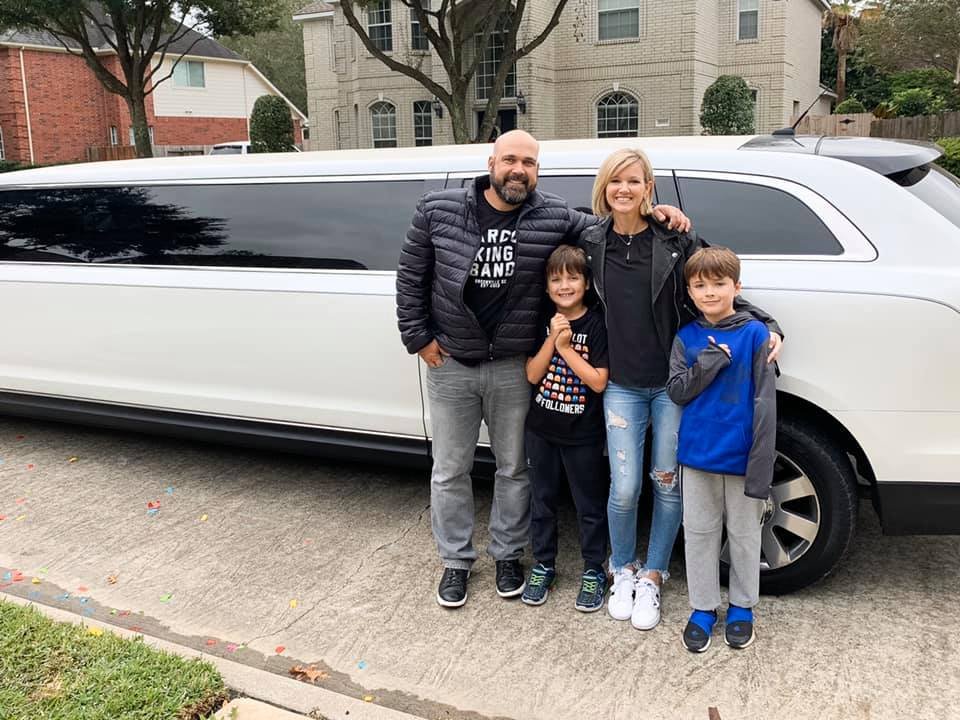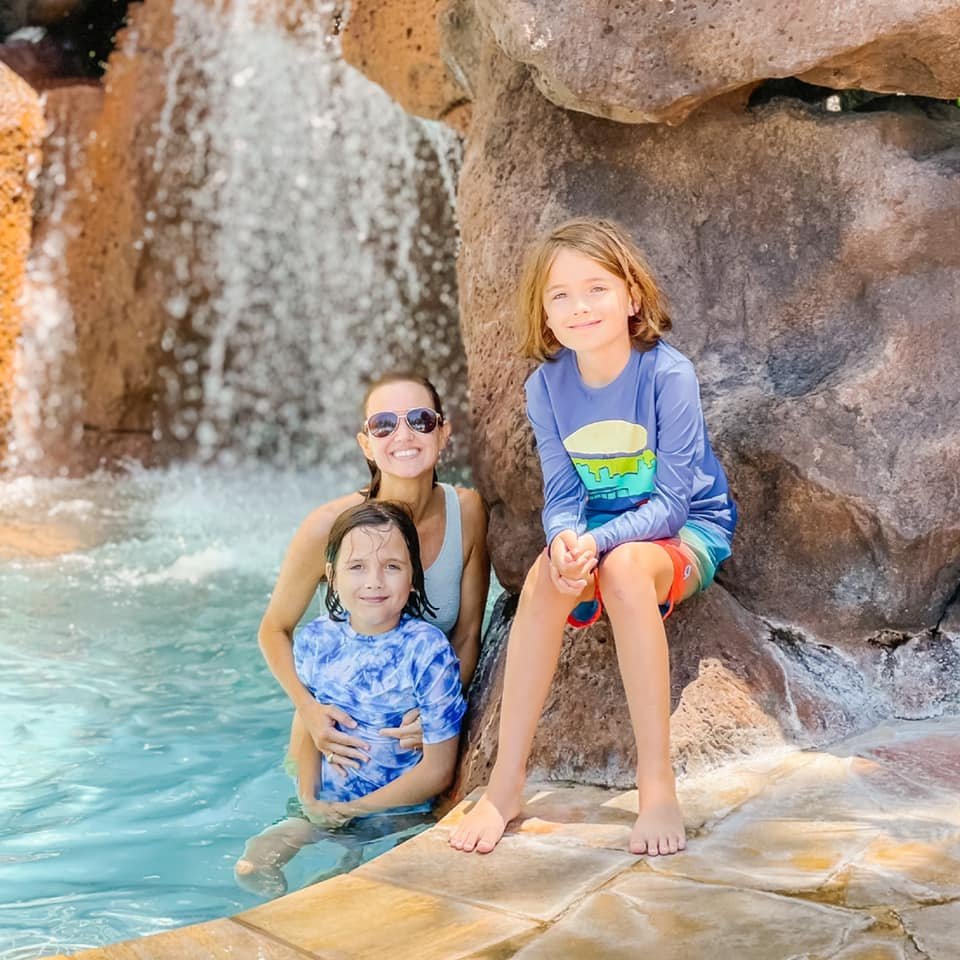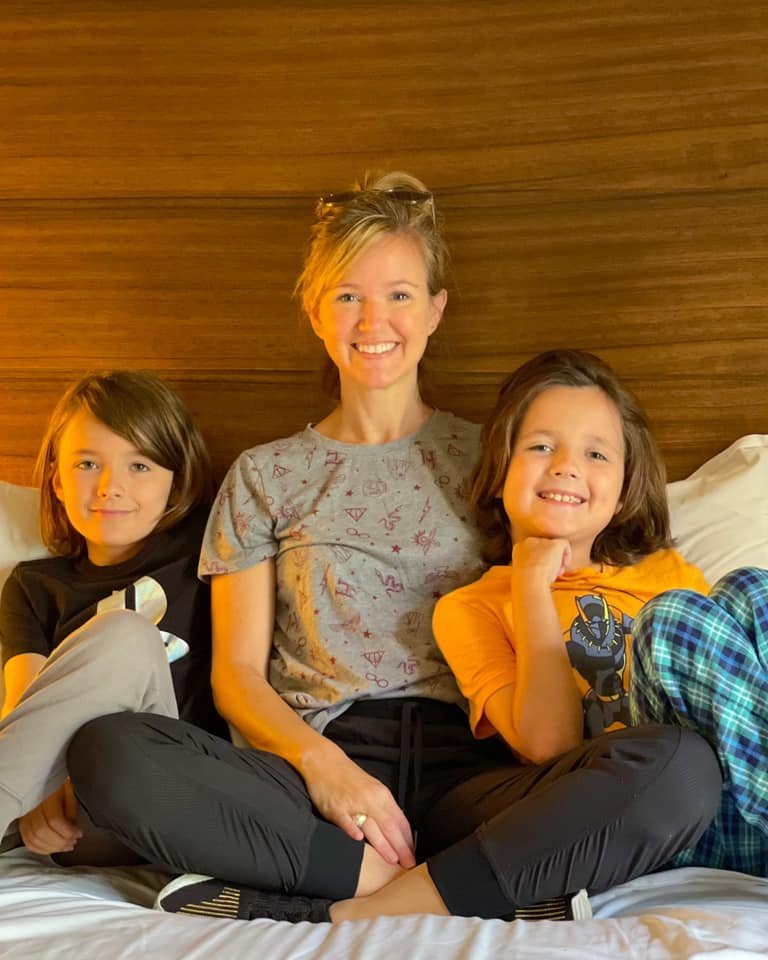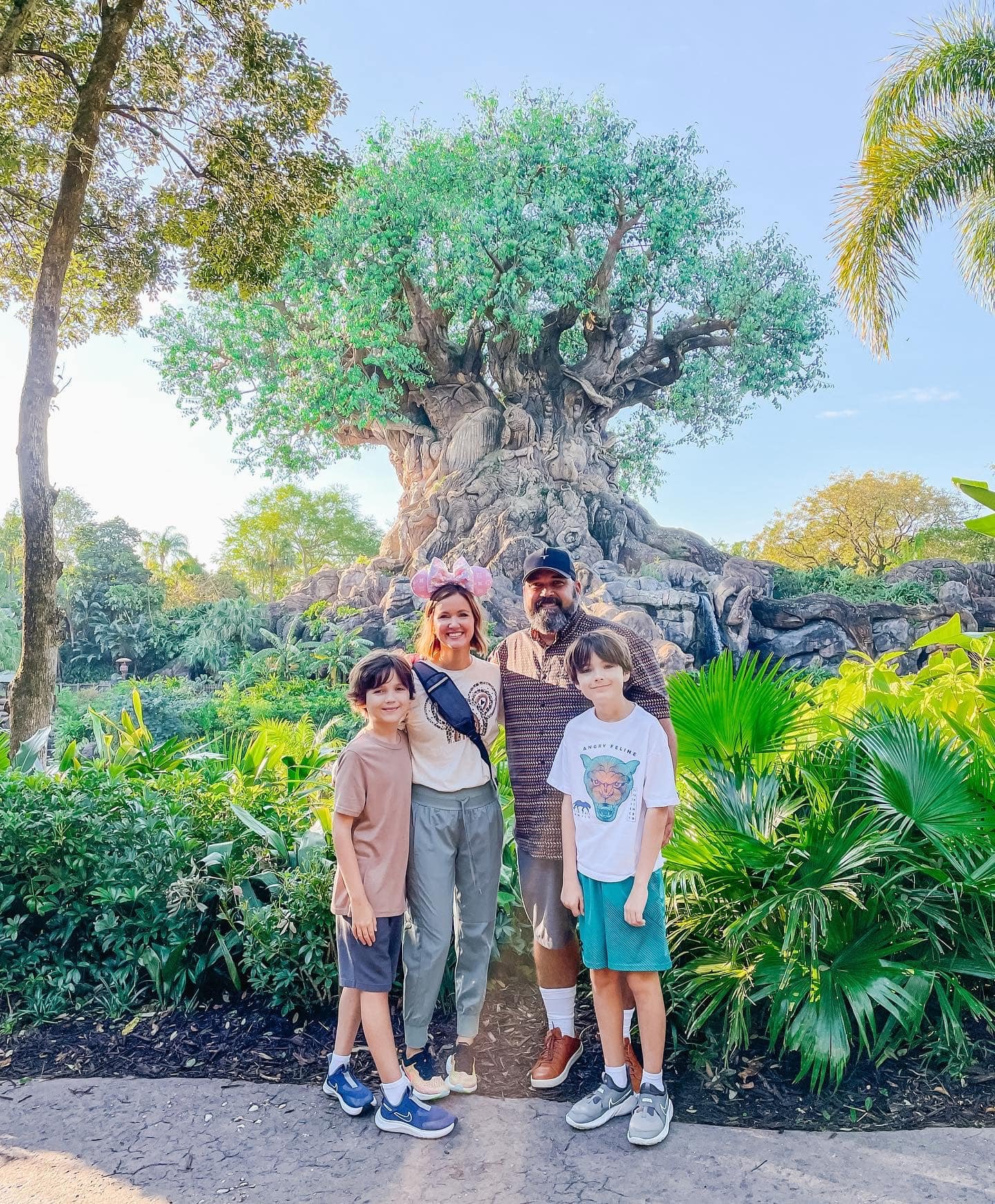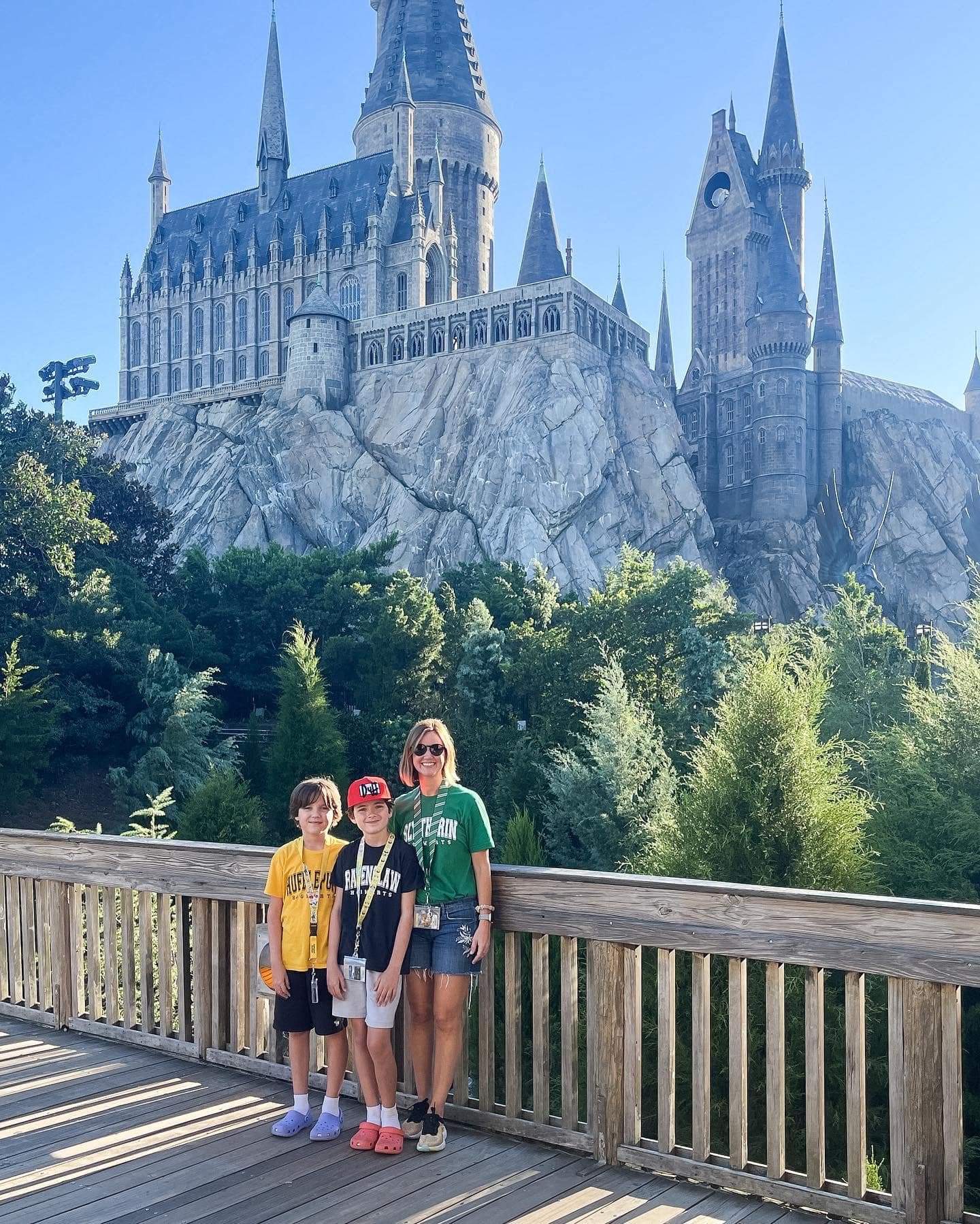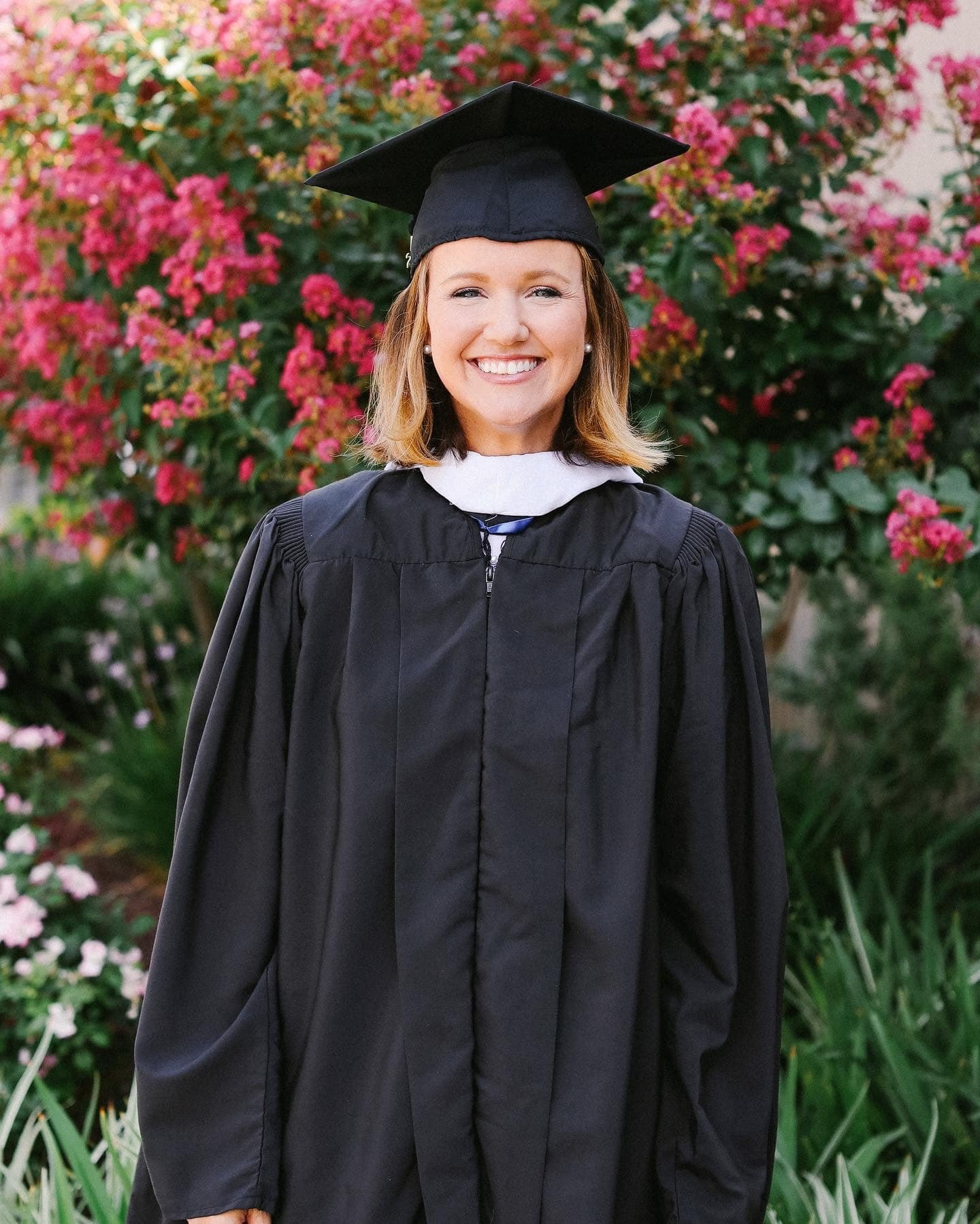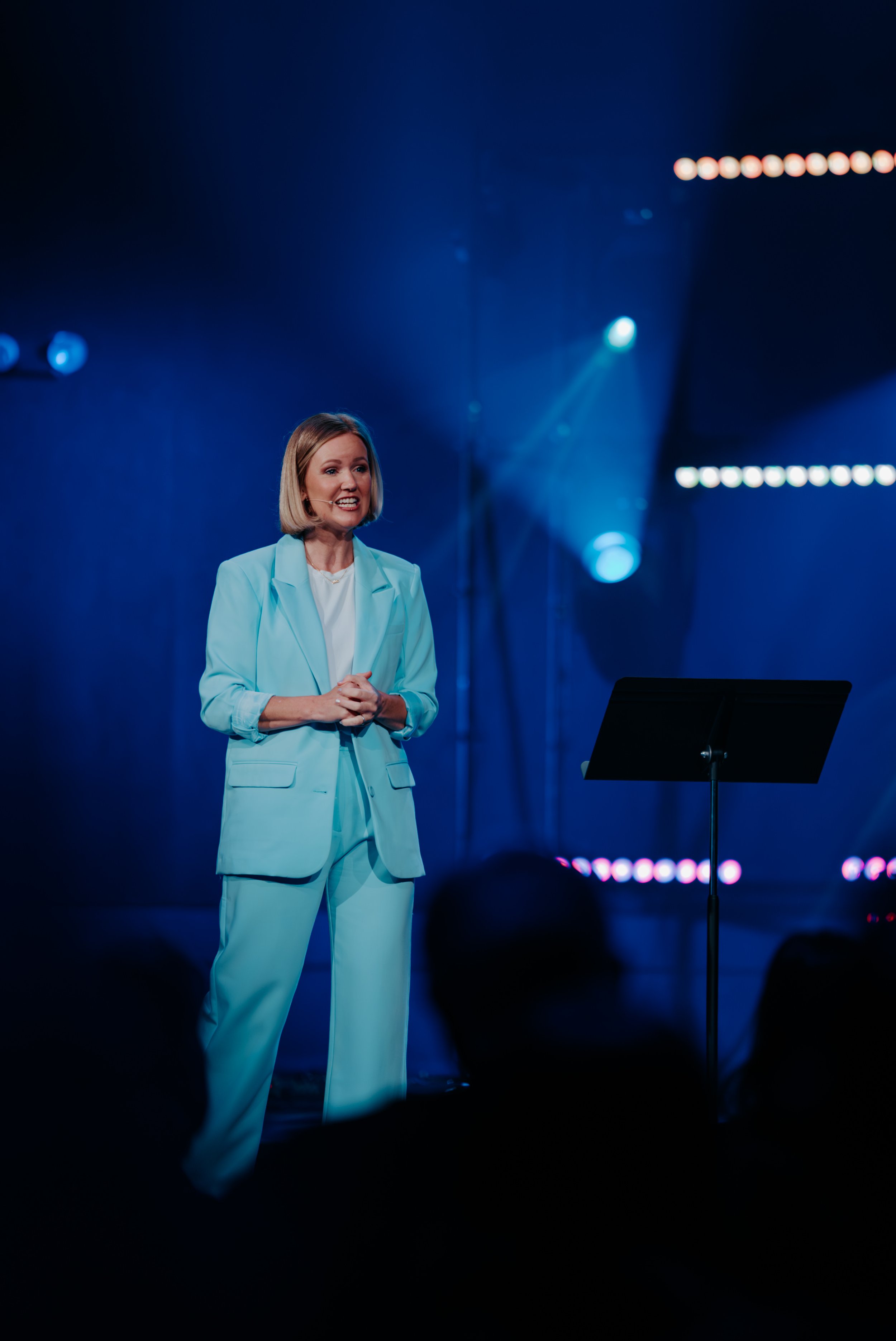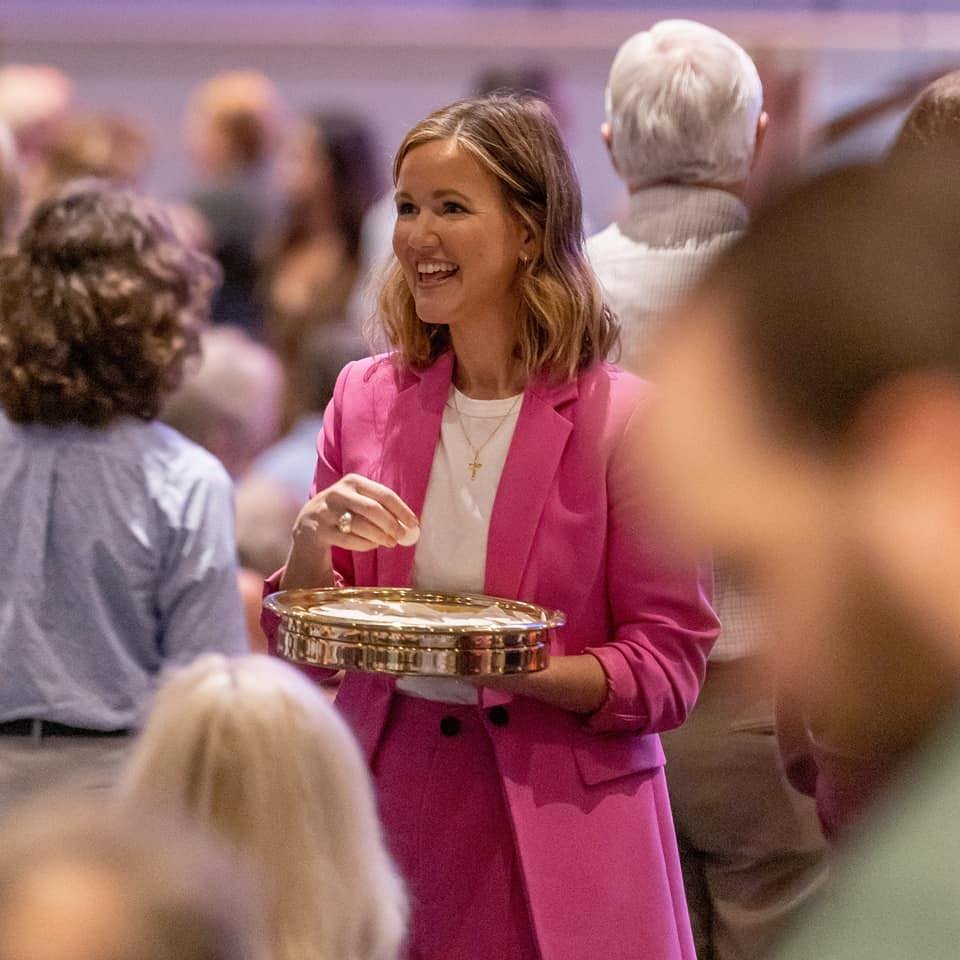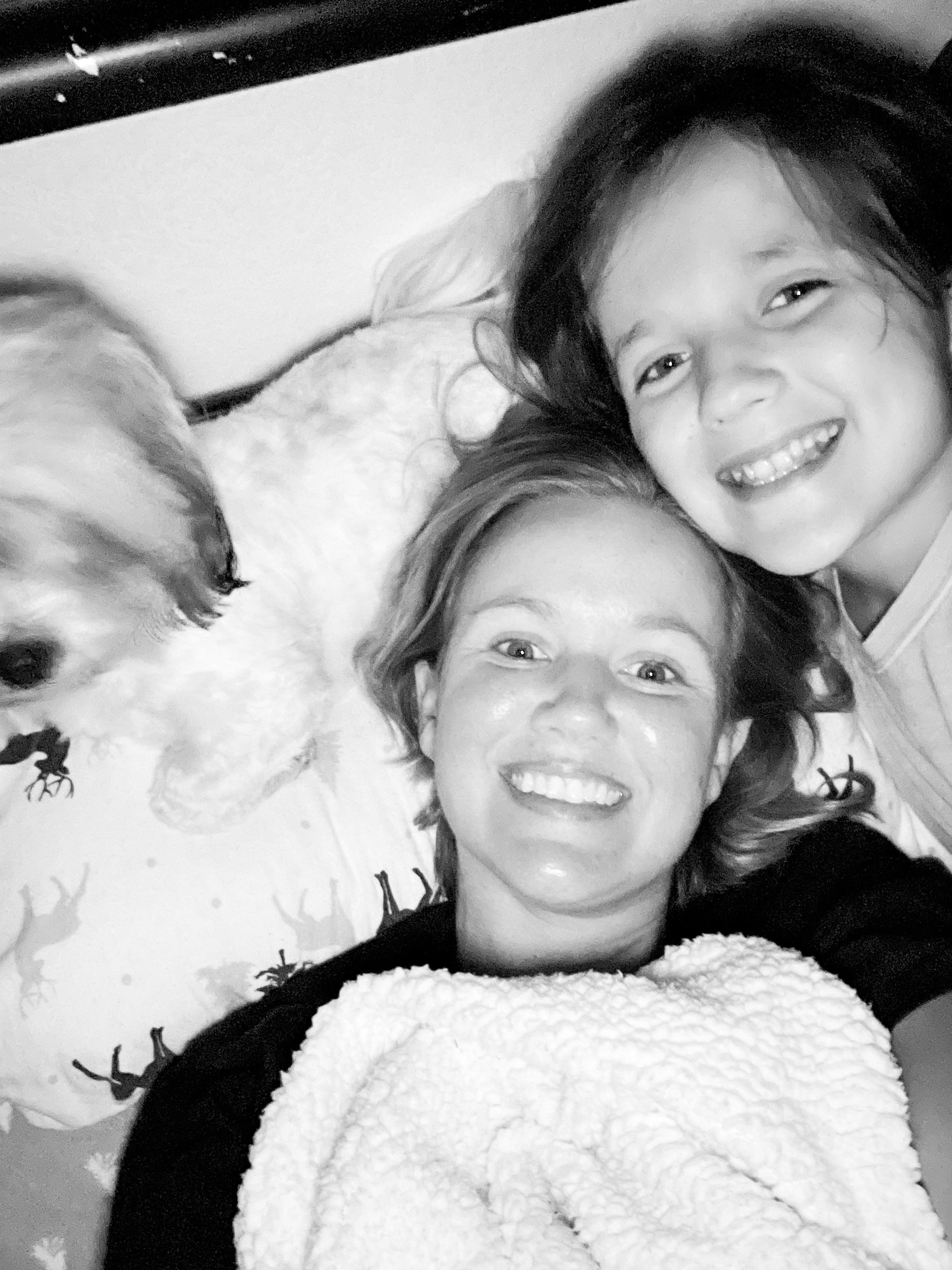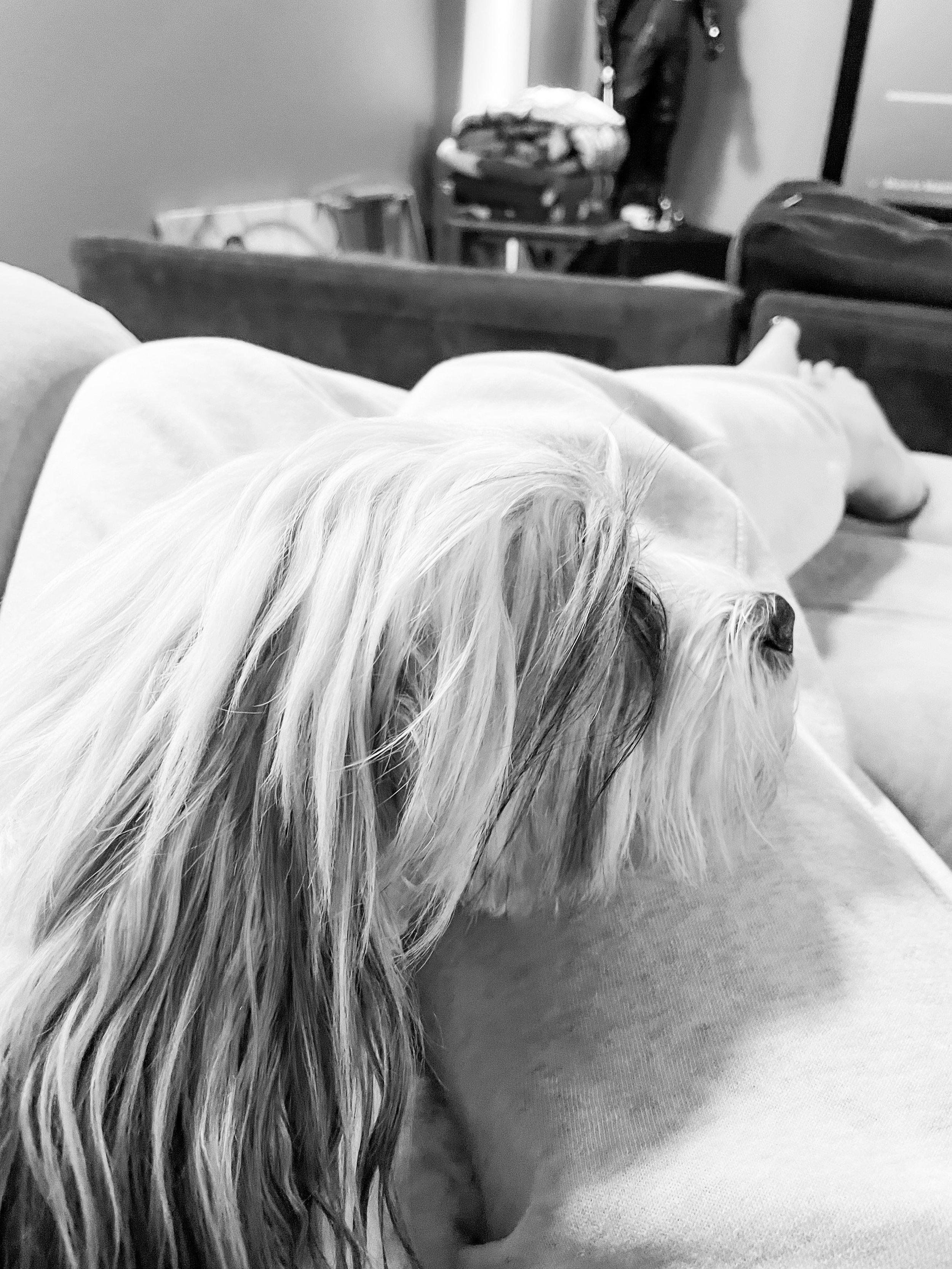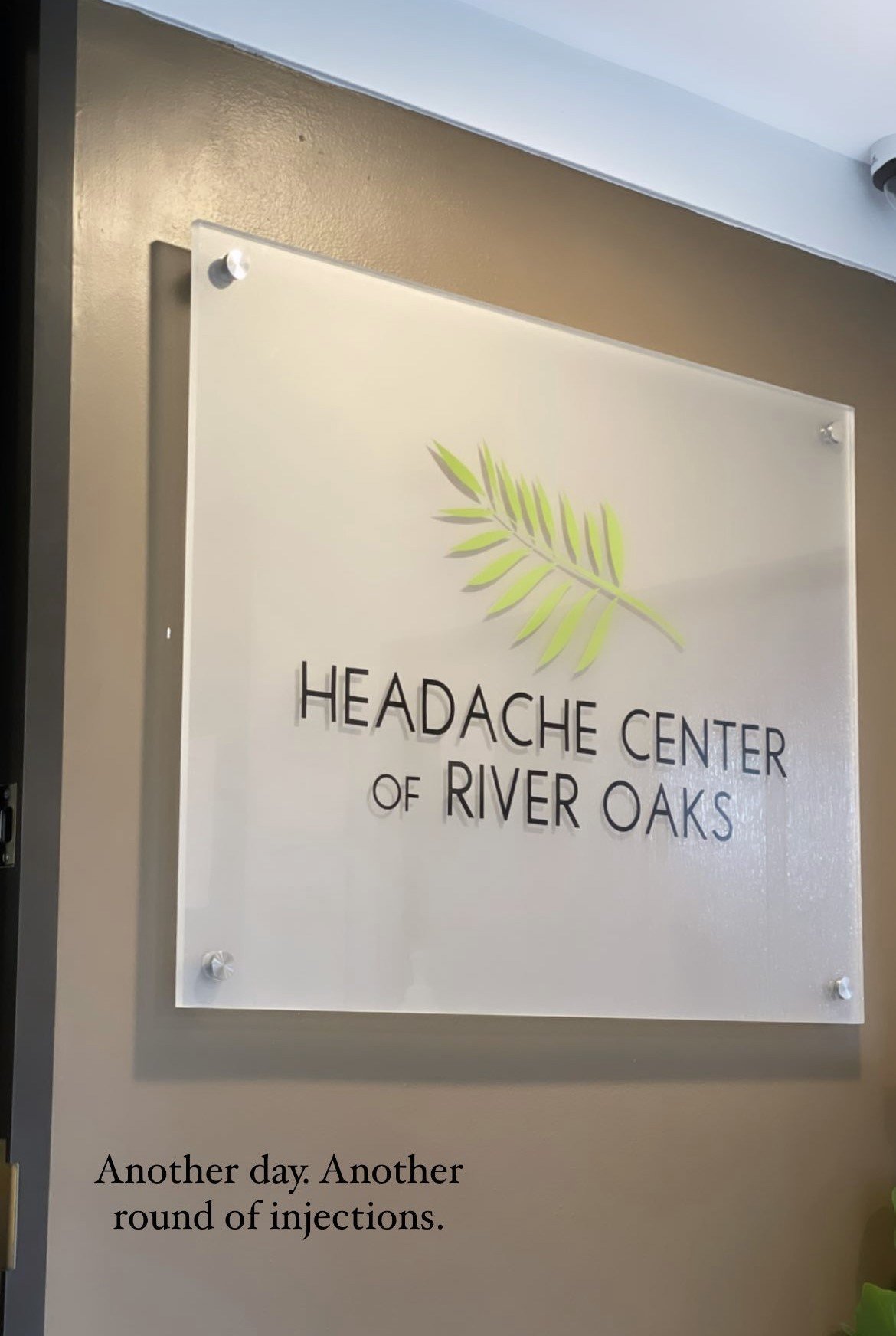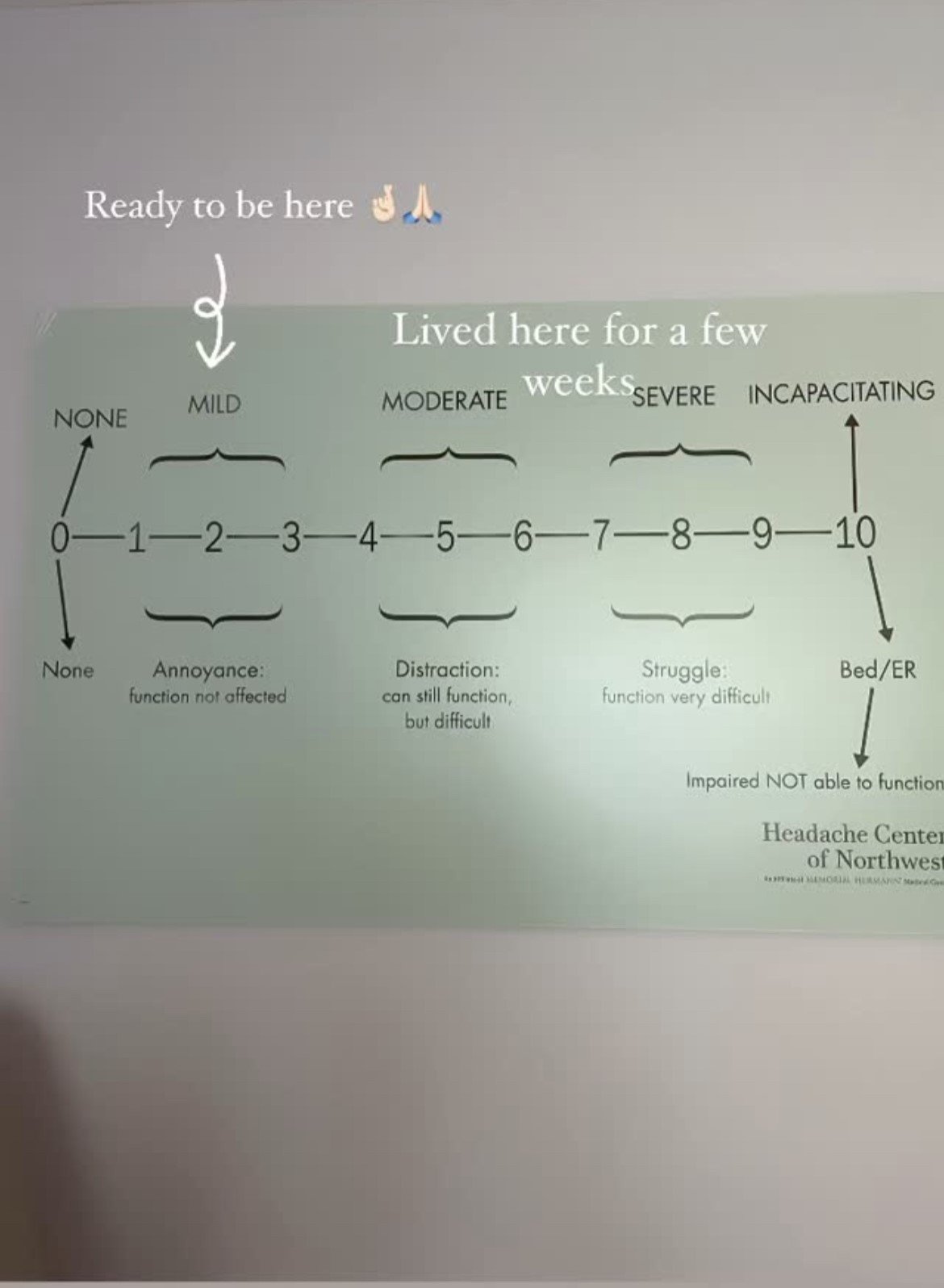Learning to Live - Five Years Later
“The question is not how to get cured, but how to live.”
It’s been five years since I underwent Occipital Nerve Decompression Surgery and had 16 nerves decompressed. I have lived almost a decade with chronic illness. A chronic nerve condition, chronic migraines, and two autoimmune diseases. I know how lucky I am that my chronic illness has a name. It has treatment; there are days of relief. I knew going into the surgery that it would not cure me completely.
My most significant prayer that the constant, debilitating headache that plagued my life every day would be gone was answered. Even writing that feels as if I don’t have the words to fully convey the appropriate response to having that prayer answered.
The difference it made truly feels like a miracle. It restored my quality of life and my ability to work and be a mom and wife. I honestly don't know how I could have lived that way much longer or what my life would be like now if an answer hadn’t come. Over the last few years, I was conversing with a friend who pointed out that in the Bible, we don't get to see how people lived on the other side of the miracle. What happened to the paralytic man after he could walk? Lazarus after he was raised from the dead? The blind man who could now see?
What does it look like to learn to live again?
The most difficult lesson to learn was coming to terms with the fact that living with chronic illness means I have limited physical resources. I would have to make the choice with who and where I can spend those limited resources.
I chose my family and my calling.
I’ve been present for birthdays, vacations, and adventures with my guys, and I even managed Disney and Universal (with lots of preventative measures and rest built-in). I finished seminary and became a pastor pursuing God’s call to preach and care for His people. There was a time when I wasn’t sure if I could even live, and God gave me back hope and purpose.
But the choice of family and calling comes at a great sacrifice to other areas of my life - social activities, time with friends, the number of activities I can handle daily the freedom to be spontaneous and travel without restriction. I have to take into account food, sleeping arrangements, and medications. We can't crash with friends and family on blow-up mattresses. I often need separate spaces because the quality of sleep is one dictator of preventing a flare. I can't just go with the flow. This flow needs to know what we are eating (I’m celiac also), what the accommodations are like, and what the plans are to decide if it’s physically possible for me. I’ve learned to always advocate for myself and often that means saying, “I’m sorry, I can’t.”
“Our bodies have much to tell us if we could only figure out how to listen. In fact, oftentimes God speaks through the body. Learning to honor the body as a place where God makes his presence known becomes, then, an important discipline for the spiritual pilgrim.”
I’ve learned over the last five years to listen to my body. I wrote about this early in my journey, and I have grown and evolved to become better over the last few years. My body tells me what it needs. It tells me when I have pushed too hard. when I'm carrying too much stress, and when it needs rest. And when I don't listen because I feel l have too much to do, can't say no, or don't want to miss out, my body makes me stop. It will tell me and eventually won’t give me the option to keep going. It means I need more rest than other people. When I get home from work, my body needs rest. It needs ice and heat regularly. In my downtime, my body needs as many naps as possible. When we travel, we need rest days and times built into the schedule for me to recover. Good news, if you travel with the Rileys, you are guaranteed to nap! Luna really loves this plan.
There is one hope I had going into the surgery that has not been realized. I wanted to one day be medication free. I’ve had to come to terms with and realize - it’s ok to rely on medication; it’s what my body needs.
The last five years have been a rollercoaster of trying various medications to help me live as headache free as possible. It's a tricky balance of preventing and relieving Occipital Neuralgia flares while also preventing and relieving chronic migraines. Because of the ON, my baseline for pain is in the 1-3 category, and if we can keep it there, I feel great. But it creeps up, and there have been multiple weeks living above a 6. We are currently using a combination of medication for stress and anxiety, daily migraine prevention, nerve medication, muscle relaxers, and injections every six weeks, alternating Botox (41 shots in the head, neck, and shoulders) and steroid injections into the nerves in my head. As painful as the injections and the following days are, I'm grateful that this new combination works. I know how lucky I am to have doctors who take my condition and pain seriously, are quick to adjust, and try new things.
Perhaps the last lesson is one I need to get better at – learning to call a time out to manage my health. To be able to say, "I just can't do it today," and not feel like I am disappointing people or myself feels almost impossible sometimes. It can be really hard to tell people when you aren’t ok. And you would think after all this time I would be better at it especially knowing that when I do, I’ve only ever experienced grace, love, encouragement, and support from my kids, closest friends, and church. Any pressure to be more and do more is not external pressure; it’s always internal, driven by the desire just to be “normal” and not have this be a factor in my every day.
Living with chronic illness has taught me the beauty of honesty in my relationship with God. I’ve drawn near, I’ve pushed away, I’ve cried, I’ve laughed, I’ve been angry, I’ve been content, I’ve doubted, I’ve believed, I’ve been in despair, I’ve been hopeful, I’ve pleaded, I’ve accepted – He’s been my faithful, constant companion through all the days.
There is a worn-in depth to my faith that the years have produced. He's shown up for me in ways I never could have imagined. Nothing I have been able to accomplish in these last five years has been about me and my strength. He’s done it despite what feels like impossible limitations. While there will always be a part of me that wishes this wasn’t my story, there is a closeness and intimacy that comes from walking with God through suffering I would never want to live without. Living in a broken body is a tangible reminder each day that my body, this world, is not how it should be. It reminds me of what’s real in this world and what’s not. It has given me a heart and deep passion for those who hurt, who suffer, who grieve, who need the hope that this is not all there is.
I know for many, the story of chronic illness feels isolating and lonely, but I’m thankful to have people in my life who pray for, encourage, care for, accommodate, and affirm me. You are God’s grace in my life.

